Dental implantation

specialists

equipment

treatment
Implantation methods
Classic (Two-stage)
The process of two-phase implantation with subsequent delayed loading includes several stages. They look like this:
- Insertion of an artificial root through an incision in the gum. The specialist forms a hole for the implant and places a titanium root there. Then he sutures the gum
- Installation of the crown after osseointegration. Before installing the crown, the gum contour is formed
During the waiting period, a temporary crown is used that does not put pressure on the implanted element. After fusion, a permanent crown made of zirconium dioxide is installed.
This type of surgical intervention allows you to strengthen the bone structure. The main disadvantage of this procedure is its duration: the finished tooth is installed after six months.
One-stage (Single-stage)
The operation is performed in one stage. First, the specialist pierces the gum and bone. Then he mounts a temporary plastic crown, which eliminates the load on the root during chewing. Then a durable zirconium crown is mounted.
The main advantage of this procedure is that the client gets a tooth immediately.
Disadvantages:
- Suitable only for teeth with one root
- Requires adequate bone mass
Another disadvantage of this method is the instability of the prosthesis: with active chewing, there is a risk of its displacement.
The best brands are presented in the table.
| Place | Manufacturer | Country | Market segment | Features |
|---|---|---|---|---|
| 1 | Nobel Biocare | Switzerland | Premium | Lifetime warranty, survival rate up to 99.8%, high price |
| 2 | Straumann | Switzerland | Premium | High-quality products with a high survival rate |
| 3 | Astra Tech | Sweden | Premium | High-quality products. Thanks to the fluorine-containing coating, bone tissue regeneration around the pin occurs quickly |
| 4 | Ankylos | Germany | Business class | Biocompatibility, natural appearance |
| 5 | XiVE | Germany | Business class | Durability, early osseointegration |
| 6 | Impro | Germany | Business class | Due to a special coating, implants quickly take root |
| 7 | NDI Medical | Germany | Business class | Durability, early osseointegration |
| 8 | Alpha Bio | Israel | Budget | Biocompatibility. Such prostheses are relatively inexpensive |
| 9 | Osstem | South Korea | Budget | High survival rate (98.8%) |
| 10 | Zimmer | USA | Budget | American implants have a porous structure. Thanks to it, artificial roots quickly take root |
General information about the procedure
Advantages of dental implantation in the dentistry "K+31"
Our clinic offers a turnkey dental prosthetics service. Our specialists develop personalized dental implantation plans. They take into account the individual characteristics and needs of each patient.
Additional advantages:
- Use of modern medical technologies. The clinic is equipped with advanced diagnostic and treatment equipment. This allows us to carry out complex procedures at the highest level
- Medical support programs. It includes consultations, diagnostics, the procedure itself and postoperative care
- Highly qualified staff. Our clinic employs implantologists with international experience
- Painlessness and comfort. We offer operations under sedation. This makes the implantation process as comfortable as possible
Also, the K+31 clinic (Moscow) offers flexible registration terms. To inexpensively get dental prosthetics in our center, fill out the application form. You can also make an appointment by phone or via any messenger.
We offer affordable prices for prosthetics for Moscow and the region, electronic and paper gift certificates, as well as assistance in obtaining a tax deduction.
In addition to implantation, we provide services in therapeutic, surgical, orthopedic dentistry, as well as periodontology and orthodontics.
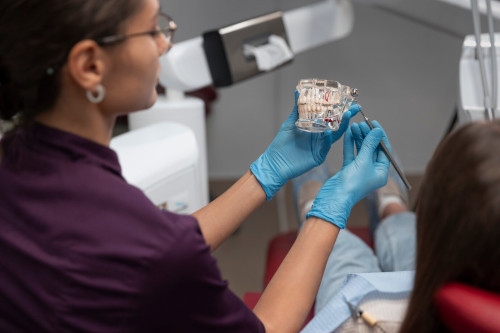
Answers to popular questions
Doctors of “K+31” analyzed people’s questions about dentures. Here are their answers.
Is it painful to get an implant?
How long does a dental implant session last?
Is preparation required for implantation?
How long does it take for the implant to integrate?
Do you provide a guarantee for implants?
What is the difference between implants from different brands?
What recommendations should be followed after the procedure?
Is sinus lift necessary for implantation?
Is it possible to restore the entire row of teeth?
How long do dentures last?
What should I do if the denture breaks?

This award is given to clinics with the highest ratings according to user ratings, a large number of requests from this site, and in the absence of critical violations.

This award is given to clinics with the highest ratings according to user ratings. It means that the place is known, loved, and definitely worth visiting.

The ProDoctors portal collected 500 thousand reviews, compiled a rating of doctors based on them and awarded the best. We are proud that our doctors are among those awarded.
Make an appointment at a convenient time on the nearest date
Price







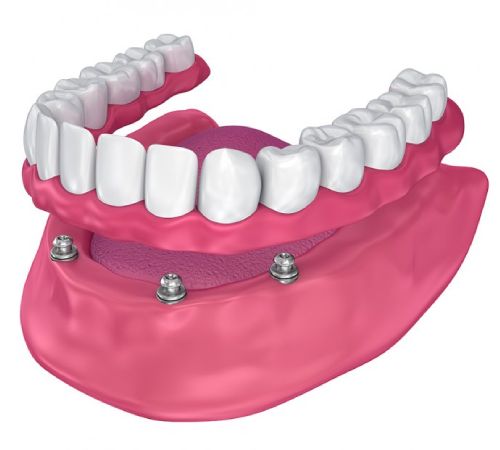
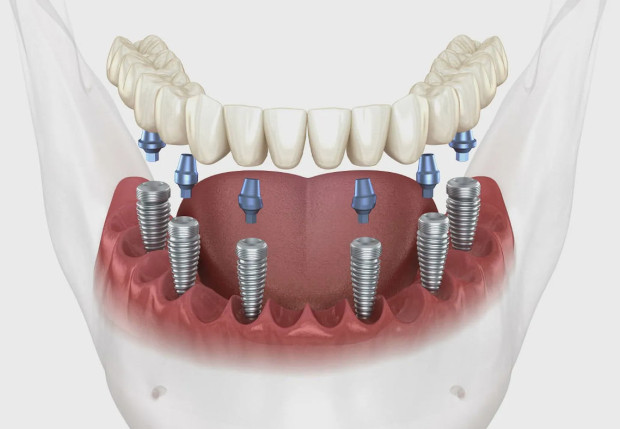
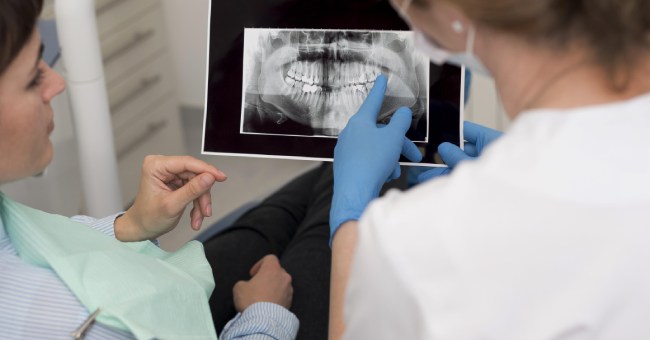
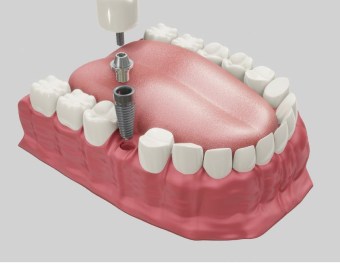



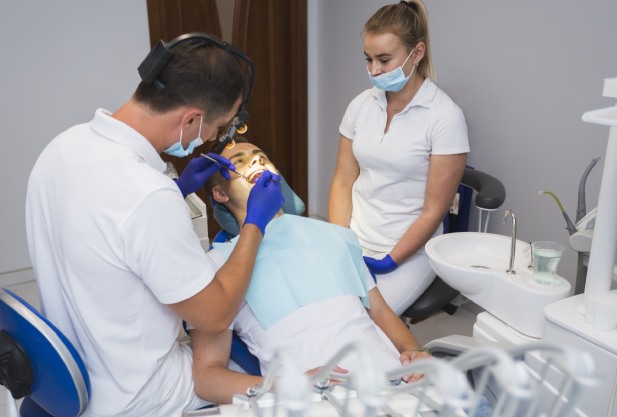
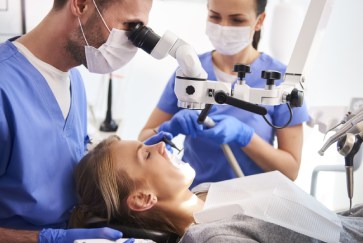

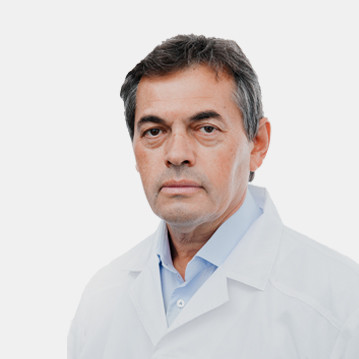
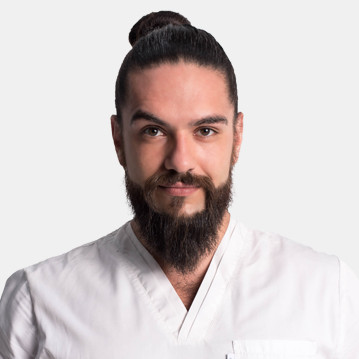
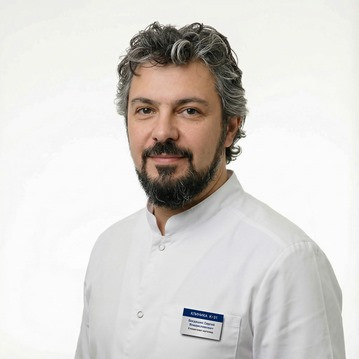

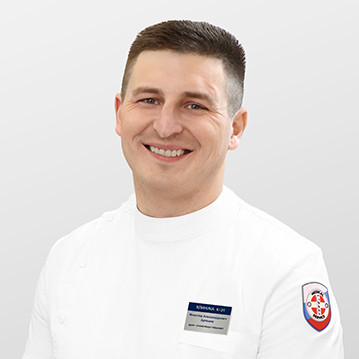
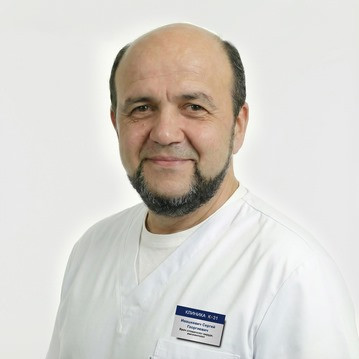




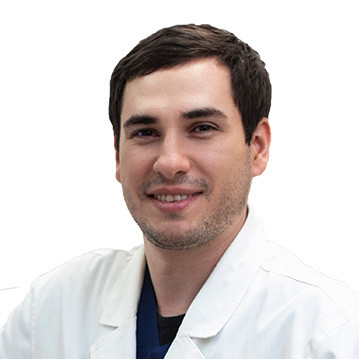
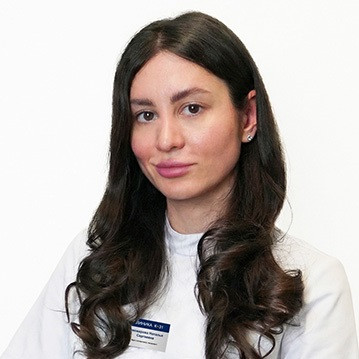
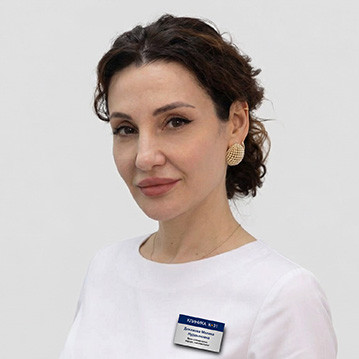
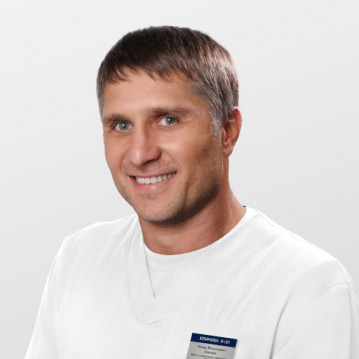
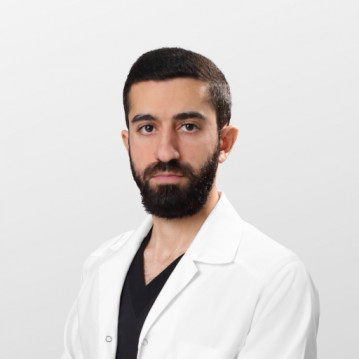
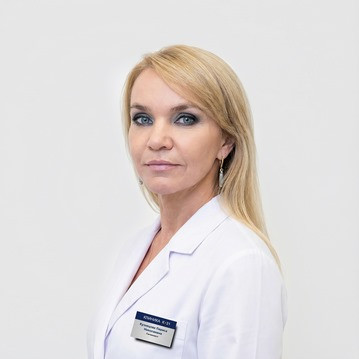

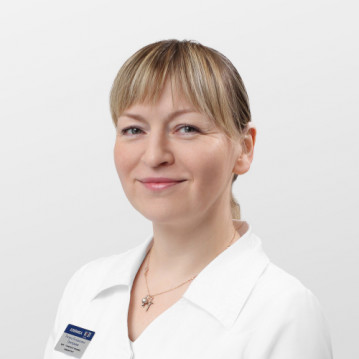

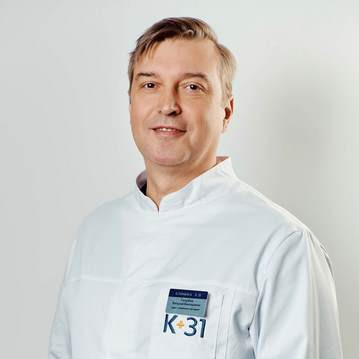

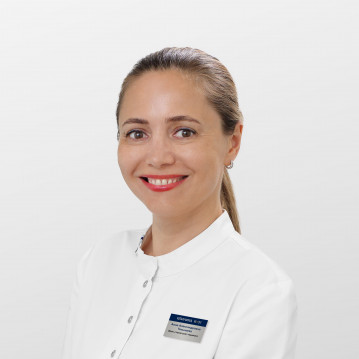
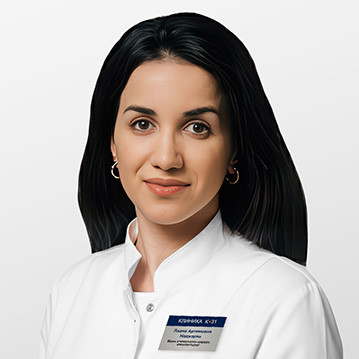
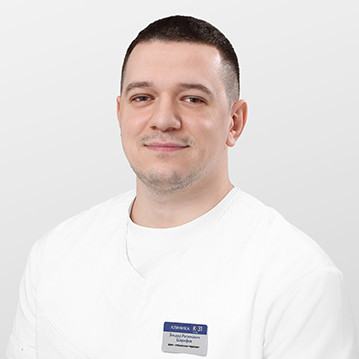
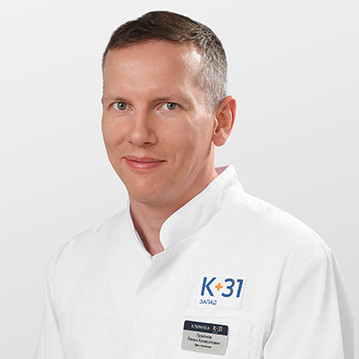




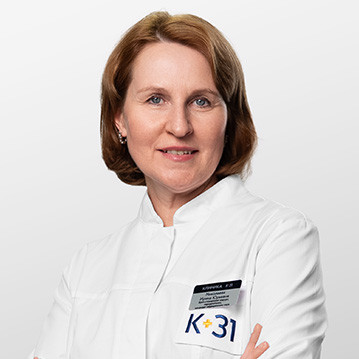
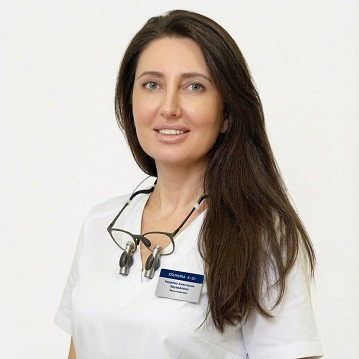
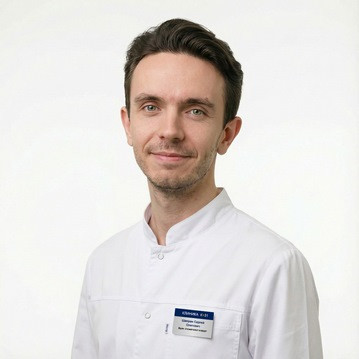

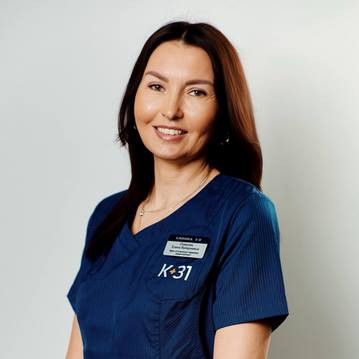

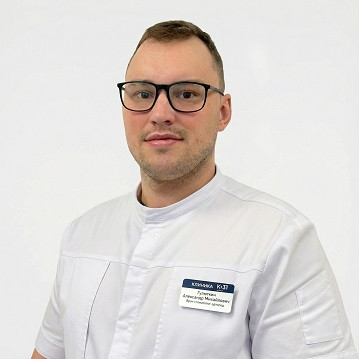















Indications for dental implantation
The need for implantation of dental prostheses is due to various dental needs. Here are the main ones:
The main contraindications to the use of "artificial teeth" include allergies to the materials of the prostheses, and hypersensitivity of the gums. Another contraindication to the installation of such teeth is an increased gag reflex.